Iran UN sanctions vote seen likely Saturday
Western envoys said the UN SC would probably vote on Saturday to impose a third round of sanctions on Iran.
Friday, 29.02.2008.
09:54

Western envoys said the UN SC would probably vote on Saturday to impose a third round of sanctions on Iran. The sanctions concern the country's nuclear program, though Tehran said that this would be an illegal gesture to be ignored. Iran UN sanctions vote seen likely Saturday Iran denies Western charges it seeks nuclear weapons and has ignored three previous Security Council resolutions demanding it freeze its uranium enrichment program, which can produce fuel for nuclear power plants or atomic weapons. The five permanent council members -- the United States, Britain, France, China and Russia -- and Germany, which is not on the council, agreed in Berlin on January 22 on a draft text outlining a third round of sanctions against Tehran. Washington had hoped for a swift vote on the sanctions text but negotiations have dragged on for over a month. But U.S. and British envoys said it looked as if a vote was finally near. "We thought it was perfectly reasonable to (finalize the resolution) tomorrow and to vote on this important issue on Saturday," said U.S. Ambassador Zalmay Khalilzad. Washington had been pushing for a vote on Friday. Khalilzad's British counterpart, John Sawers, agreed the vote would probably be on Saturday but did not rule out another delay. "Had we put it to a vote today the resolution would clearly have passed, but we want to have as much support as is possible," Sawers said. "One delegation has suggested some small amendments which we're reflecting upon." Diplomats said he was referring to a proposal from Vietnam, one of four council members that have expressed concerns about the resolution drafted by Britain, France and Germany. Diplomats also said South Africa, which has said it wanted to delay the sanctions vote, had requested a meeting with the European co-sponsors on Friday to discuss the resolution. Russian Ambassador Vitaly Churkin reiterated that Moscow would support the resolution, which it has helped draft, albeit reluctantly, during meetings of the six powers. "It is always with a heavy heart that we are considering sanctions resolutions," Churkin said. Sceptics Another of the sceptics, Indonesia, indicated it might abstain or even vote against the resolution. "We are yet to be convinced that more sanctions is the reasonable way to go at this time," its ambassador, Marty Natalegawa, said. Indonesia voted for the last sanctions resolution against Iran that was adopted in March 2007. Libya's ambassador, Giadallah Ettalhi, indicated on Monday that he would probably vote against the resolution. Even without the votes of Libya, Vietnam, Indonesia and South Africa, the resolution has 11 out of 15 council members -- including all the permanent members -- ready to support it, so it seems certain to be approved. The draft resolution calls for more travel and financial restrictions on named Iranian individuals and companies and makes some restrictions mandatory. Two earlier sanctions rounds were approved unanimously in December 2006 and March 2007. Iranian Foreign Minister Manouchehr Mottaki wrote a letter to the council arguing that sanctions against Iran lacked any legal basis and only undermined the council's credibility. Mottaki said a recent report from the UN nuclear watchdog citing progress in its investigation of Iran's past nuclear activities proved the Security Council had no right to punish Tehran for continuing its enrichment program. "All the so-called justifications and flawed foundations for the UN Security Council's action on this issue are vanished and it shows that the resolutions ... lack any legal and technical justifications," Mottaki wrote. The letter, addressed to Panamanian Ambassador Ricardo Alberto Arias, the council's current president, was dated February 27 and circulated to reporters on Thursday. "Naturally the continuation of this trend (of sanctions) would undermine the credibility of the Security Council and ... weaken the integrity and position of the IAEA," Mottaki wrote. The report of the International Atomic Energy Agency (IAEA) was mixed, saying Iran had not responded adequately to Western intelligence allegations of work linked to making atomic bombs but had clarified issues related to other past nuclear work. Western countries do not believe the IAEA report vindicated Iran, as Mottaki argues. They say it raises serious concerns. Iran's UN ambassador, Mohammad Khazaee, said Tehran had no intention of curtailing cooperation with the IAEA even if the resolution is passed. But, he said, Iran will keep enriching uranium. "Suspension I think is out of the question," he said.
Iran UN sanctions vote seen likely Saturday
Iran denies Western charges it seeks nuclear weapons and has ignored three previous Security Council resolutions demanding it freeze its uranium enrichment program, which can produce fuel for nuclear power plants or atomic weapons.The five permanent council members -- the United States, Britain, France, China and Russia -- and Germany, which is not on the council, agreed in Berlin on January 22 on a draft text outlining a third round of sanctions against Tehran.
Washington had hoped for a swift vote on the sanctions text but negotiations have dragged on for over a month. But U.S. and British envoys said it looked as if a vote was finally near.
"We thought it was perfectly reasonable to (finalize the resolution) tomorrow and to vote on this important issue on Saturday," said U.S. Ambassador Zalmay Khalilzad.
Washington had been pushing for a vote on Friday.
Khalilzad's British counterpart, John Sawers, agreed the vote would probably be on Saturday but did not rule out another delay.
"Had we put it to a vote today the resolution would clearly have passed, but we want to have as much support as is possible," Sawers said. "One delegation has suggested some small amendments which we're reflecting upon."
Diplomats said he was referring to a proposal from Vietnam, one of four council members that have expressed concerns about the resolution drafted by Britain, France and Germany.
Diplomats also said South Africa, which has said it wanted to delay the sanctions vote, had requested a meeting with the European co-sponsors on Friday to discuss the resolution.
Russian Ambassador Vitaly Churkin reiterated that Moscow would support the resolution, which it has helped draft, albeit reluctantly, during meetings of the six powers.
"It is always with a heavy heart that we are considering sanctions resolutions," Churkin said.
Sceptics
Another of the sceptics, Indonesia, indicated it might abstain or even vote against the resolution."We are yet to be convinced that more sanctions is the reasonable way to go at this time," its ambassador, Marty Natalegawa, said. Indonesia voted for the last sanctions resolution against Iran that was adopted in March 2007.
Libya's ambassador, Giadallah Ettalhi, indicated on Monday that he would probably vote against the resolution.
Even without the votes of Libya, Vietnam, Indonesia and South Africa, the resolution has 11 out of 15 council members -- including all the permanent members -- ready to support it, so it seems certain to be approved.
The draft resolution calls for more travel and financial restrictions on named Iranian individuals and companies and makes some restrictions mandatory. Two earlier sanctions rounds were approved unanimously in December 2006 and March 2007.
Iranian Foreign Minister Manouchehr Mottaki wrote a letter to the council arguing that sanctions against Iran lacked any legal basis and only undermined the council's credibility.
Mottaki said a recent report from the UN nuclear watchdog citing progress in its investigation of Iran's past nuclear activities proved the Security Council had no right to punish Tehran for continuing its enrichment program.
"All the so-called justifications and flawed foundations for the UN Security Council's action on this issue are vanished and it shows that the resolutions ... lack any legal and technical justifications," Mottaki wrote.
The letter, addressed to Panamanian Ambassador Ricardo Alberto Arias, the council's current president, was dated February 27 and circulated to reporters on Thursday.
"Naturally the continuation of this trend (of sanctions) would undermine the credibility of the Security Council and ... weaken the integrity and position of the IAEA," Mottaki wrote.
The report of the International Atomic Energy Agency (IAEA) was mixed, saying Iran had not responded adequately to Western intelligence allegations of work linked to making atomic bombs but had clarified issues related to other past nuclear work.
Western countries do not believe the IAEA report vindicated Iran, as Mottaki argues. They say it raises serious concerns.
Iran's UN ambassador, Mohammad Khazaee, said Tehran had no intention of curtailing cooperation with the IAEA even if the resolution is passed.
But, he said, Iran will keep enriching uranium. "Suspension I think is out of the question," he said.














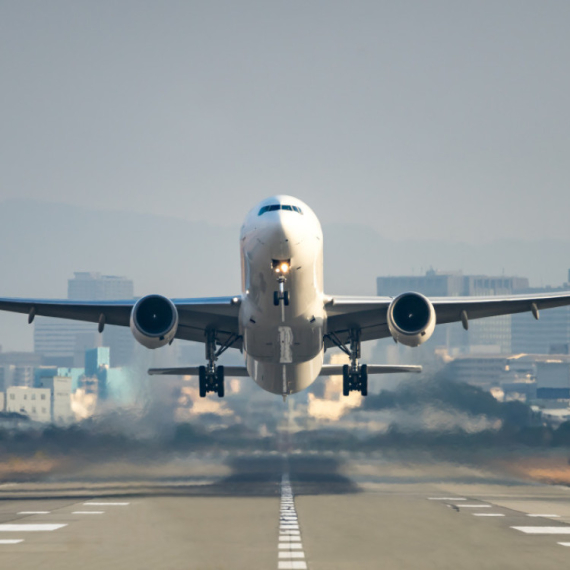
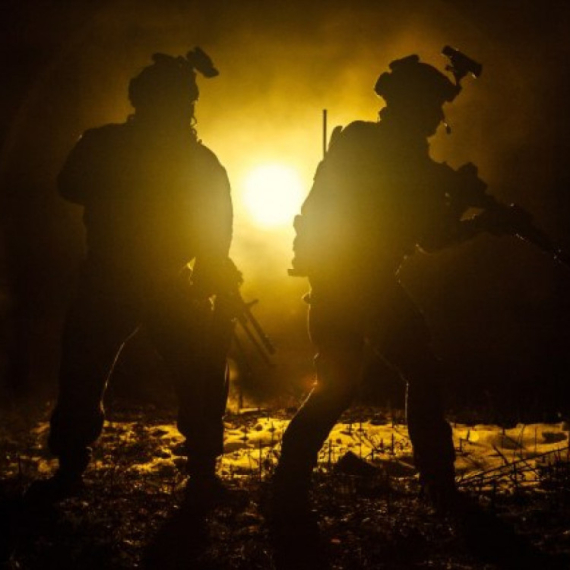
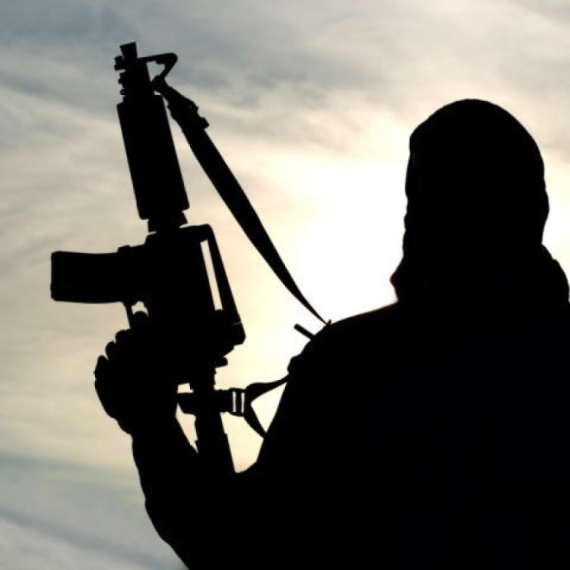
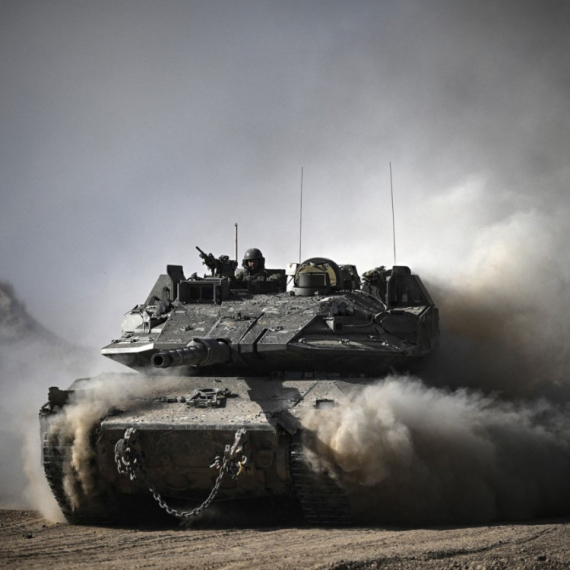

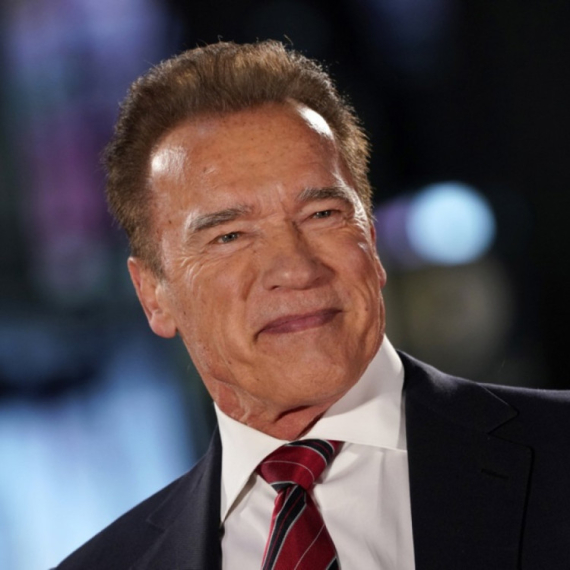
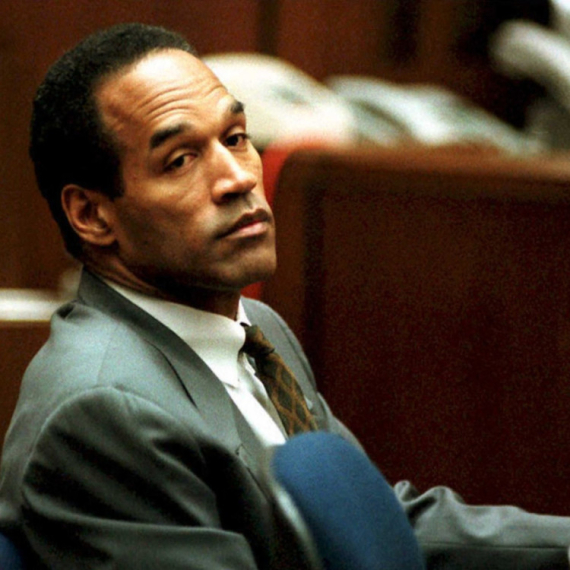

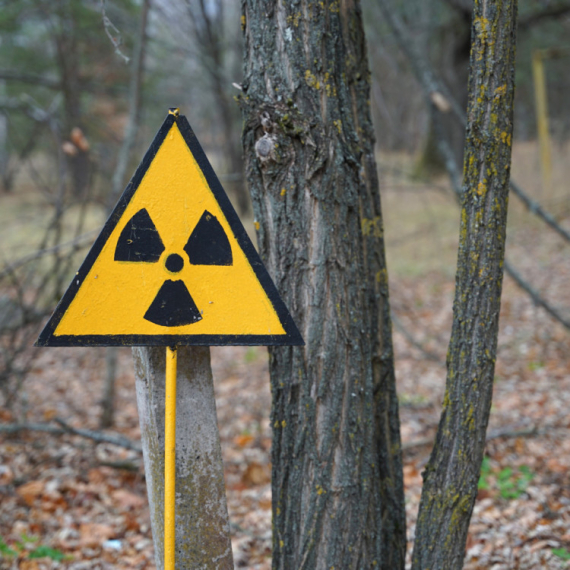




































Komentari 0